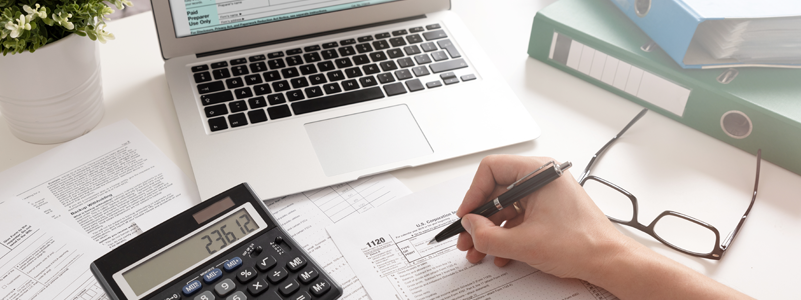Personal Income Tax
If you were a B.C. resident on December 31 or earned income in B.C. you may need to file an income tax return for the tax year.
B.C. income taxes are administered by the Canada Revenue Agency (CRA). Forms to calculate your B.C. income tax are included with the T1 Income Tax Return. Even if you don’t owe income tax, you can file an income tax return to claim a refund, credits, or benefits.
Special rules may apply to trusts, bankruptcies, part-year residents, non-residents, tax on split income, taxpayers subject to alternative minimum tax, taxpayers who pay tax in more than one jurisdiction, and credits filed in separate returns.
Source deductions
Source deductions are income tax deductions made from payments you receive, such as from an employer or pension administrator. You must complete a TD1BC so your employer or pension administrator can calculate the amount of tax to deduct from your payment.
Corporate income tax
Corporate income tax is administered in partnership with the Canada Revenue Agency (CRA). To learn more about filing a corporate income tax return, see CRA’s website.
Reporting and paying tax
To report corporate income tax, you’ll need to file a tax return with CRA. You file your provincial corporate income taxes with your federal income tax return using your business number. Corporations must file a return every tax year even if there is no tax payable.
You don’t need a separate provincial account number.
Read more about filing and get answers to your questions related to filing corporate income tax. Learn about your options for making a payment.
- To file a return, complete a T2 Corporation Income Tax Return and either a Schedule 427 British Columbia Corporation Tax Calculation or a Schedule 5 Tax Calculation Supplementary – Corporations.
- Use the Corporation Income Tax Guide (T4012) while filling out your corporate income tax return.
Learn more about corporate income tax:

Your Comment
Leave a Reply Now